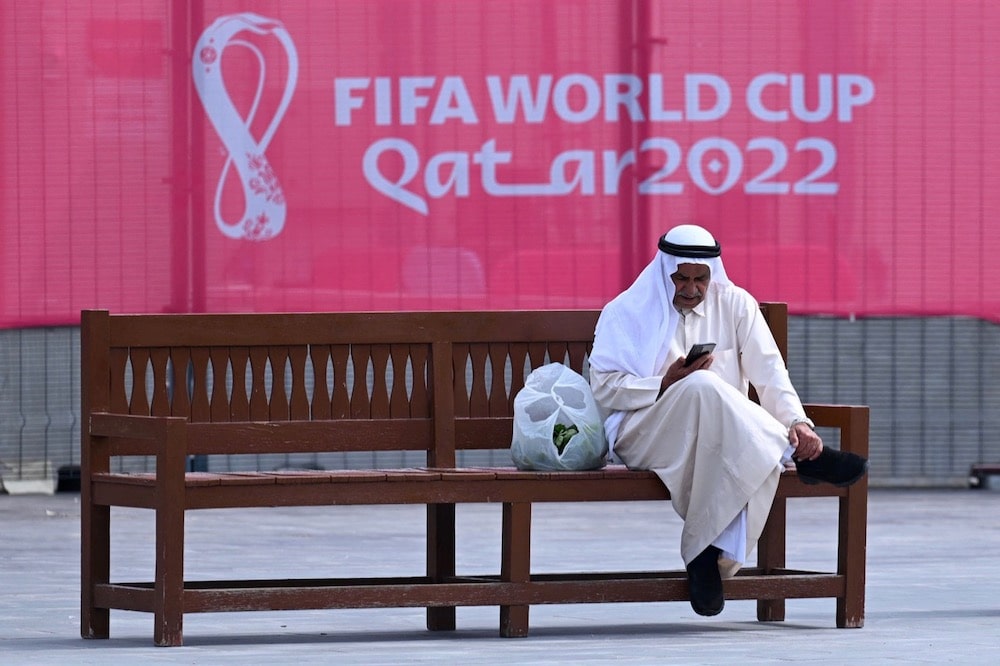Qatar has claimed to commit to social and political reforms, yet there are still significant concerns regarding the state of freedom of expression in the country. Under Qatar’s 2020 law, expressions of dissent are often criminalized, creating an environment where individuals are arbitrarily detained for expressing their opinions and exercising human rights.
Qatar’s 2014 cybercrimes law already banned posting online content deemed as harmful and in January 2020, authorities amended its penal code by imposing up to five years in prison and 100.000 Qatari riyals, or one of the two penalties for sharing or publishing rumors or false news online, thus further restricting the freedom of speech. Indeed, the text does not clearly define the standards to differentiate fake news from real fact, thereby any content of information risks being criminalized. Also, both print and broadcast media are subjected to manipulation from leading families and to state censorship.
While the constitution explicitly provides for freedom of worship and guarantees free speech, Qatar’s penal code also criminalizes criticizing the emir, insulting Qatar’s flag, offending religion, and inciting to overthrow the regime.
Abdullah Ibhais, a Jordanian former media manager for the local organizing committee of Qatar’s 2022 World Cup, was arrested in 2019 and sentenced to five years after raising concerns over the treatment of migrant workers on World Cup construction projects. He has been accused of bribery and faced unfair trials which included refusing to investigate his allegations of a forced confession and denying him legal assistance. Ibhais was due for release in October 2024 but this could be extended to April 2025 as the court also imposed a fine alongside his custodial sentence.
In 2022, the Criminal Court of Appeal in Doha confirmed the sentences to life imprisonment for brothers Hazza and Rashed al-Marri, both lawyers charged with offenses including criticizing laws promoted by the emir and the Kingdom, undermining state independence, and organizing unauthorized public gatherings. The charges stemmed from speeches and poetry they published online that criticized the country’s electoral law which discriminates thousands of Qataris from voting or running.
Qatar’s legislation represents a setback for freedom of expression and a violation of the International Covenant on Civil and Political Rights (ICCPR). Qatar should protect free speech as also highlighted from article 32 of the Arab Charter on Human Rights, to which it is a party. The ongoing repression of free speech undermines the progress toward democracy and raises questions about the protection of civil liberties in Qatar. It is essential for the government to address these issues to foster a truly democratic society that respects and upholds the rights of its citizens.
ECDHR urges Qatar’s authorities to review the existing legislation by establishing explicit standards that clearly delineate what actions are prohibited. Additionally, it is crucial to ensure that the penalties imposed are proportionate to the offenses committed. Also, the legislation should fully respect Qatar’s constitution which ensures freedom of expression and opinion. Finally, ECDHR calls on the international community to advocate for justice in order that Qatar withdraws the convictions and ensures fair trials for online activists and human rights defenders who exercised their right to free speech.

